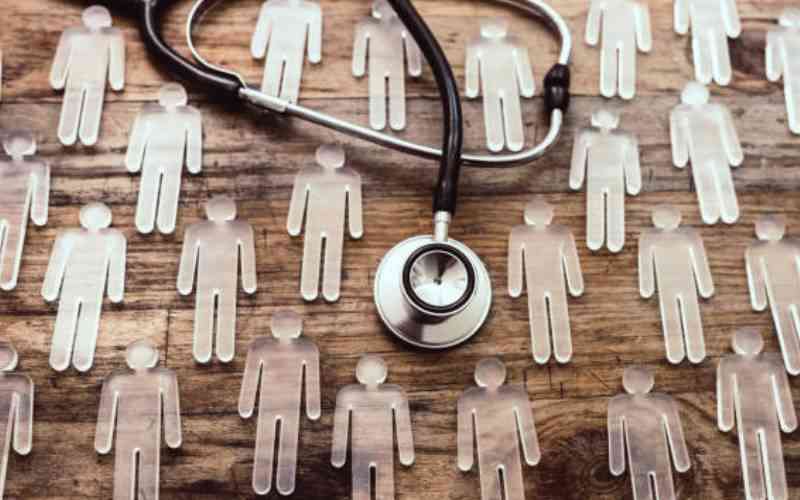×
The Standard e-Paper
Kenya’s Boldest Voice

In May 2019, the United Nations passed a resolution recognising patient safety as a global health priority and made September 17 World Patient Safety Day.
This day brings together healthcare workers, leaders, policymakers, and members of the public to recognise the efforts required and to commit to ensuring patient safety.